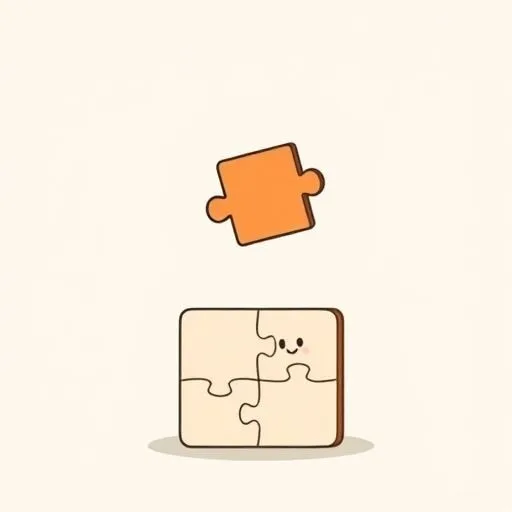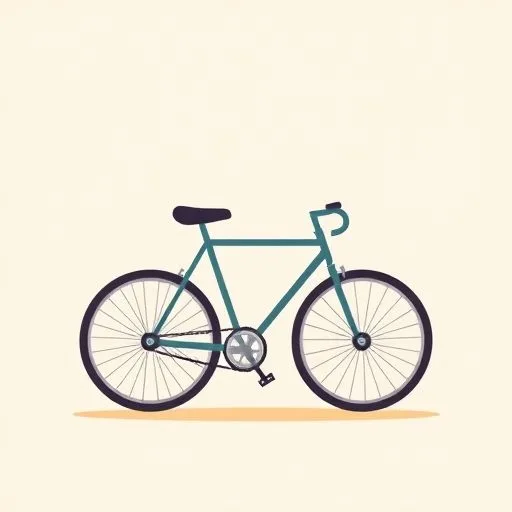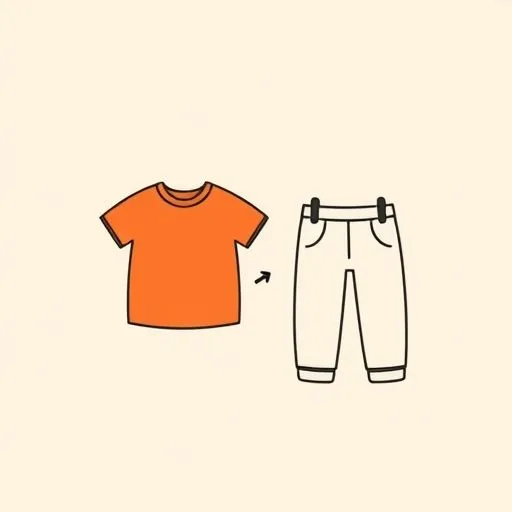
I watched her yesterday—standing at the kitchen window, her shoulders tense as our little one stumbled on the grass outside. That urge to rush out, to fix things, to protect them… it’s practically hardwired into us, right? We’ve all felt that pull—the overwhelming need to shield our children from every bump and bruise. But lately, I’ve been wondering: what if our protection is sometimes the very thing that holds them back from becoming the resilient, capable people they’re meant to be?
The Illusion of Control: Why We Can’t Shield Them From Everything

We’ve all been there—hovering just a little too close at the playground, intervening before the conflict even has a chance to resolve itself. That desire to protect comes from such a good place, doesn’t it? Pure love.
But here’s what I’ve come to realize: we can’t actually prevent every hardship they’ll face. Life doesn’t work that way. What we can do is teach them how to navigate those challenges when they come.
It’s like that moment when you watch them struggle with a puzzle—your fingers itch to help, but when they finally click that last piece into place themselves? The pride in their eyes says it all.
The Space to Grow: Why Problem-Solving Skills Matter More Than Perfection

Remember learning to ride a bike? How many times did you fall before you found your balance? Our children need those same opportunities—to try, to fail, to figure things out.
When we solve every problem for them, we’re essentially saying ‘I don’t trust you to handle this.’ But when we step back and let them work through it? That’s when they discover their own capabilities.
It’s not about abandoning them to struggle alone—it’s about being the safety net that lets them take calculated risks. The quiet confidence that comes from knowing they can handle things? That’s the real gift.
Fear vs. Respect: Building Connection Through Understanding

Many of us grew up thinking respect meant obedience—doing what we were told because we feared the consequences. But real respect? It’s something entirely different.
It’s that unspoken understanding that develops when children feel heard and valued. When we approach parenting from a place of fear—fear of them getting hurt, fear of them making mistakes—we miss the chance to build genuine connection.
The most powerful parenting moments often happen when we set aside our anxiety and truly listen to what they’re trying to tell us, even when it’s messy or uncomfortable.
The Art of Stepping Back: Practical Ways to Foster Independence

So how do we actually do this? It starts small. Maybe it’s letting them choose their own clothes (even if they clash terribly). Or allowing them to handle that disagreement with a friend without immediately jumping in.
It’s about asking ‘What do you think you should do?’ instead of immediately providing the solution. These moments add up—each one a building block toward resilience.
And the beautiful thing? When we create space for them to solve their own problems, we’re also giving ourselves permission to breathe. To trust that they’ve got this, even when it’s hard to watch.
The Unseen Strength: What We’re Really Teaching When We Let Go

Sometimes the bravest thing we can do is nothing at all
At the end of the day, it’s not about being perfect parents—none of us are. It’s about being intentional. About recognizing that sometimes the most loving thing we can do is nothing at all.
To trust that our children are capable, resilient beings who need room to grow into themselves. That doesn’t mean we stop caring—if anything, it requires even more attention and presence.
But it’s a different kind of attention. One that says ‘I believe in you’ rather than ‘I’ll do it for you.’ And watching them rise to that challenge? That’s the quiet miracle that keeps surprising me every day.
